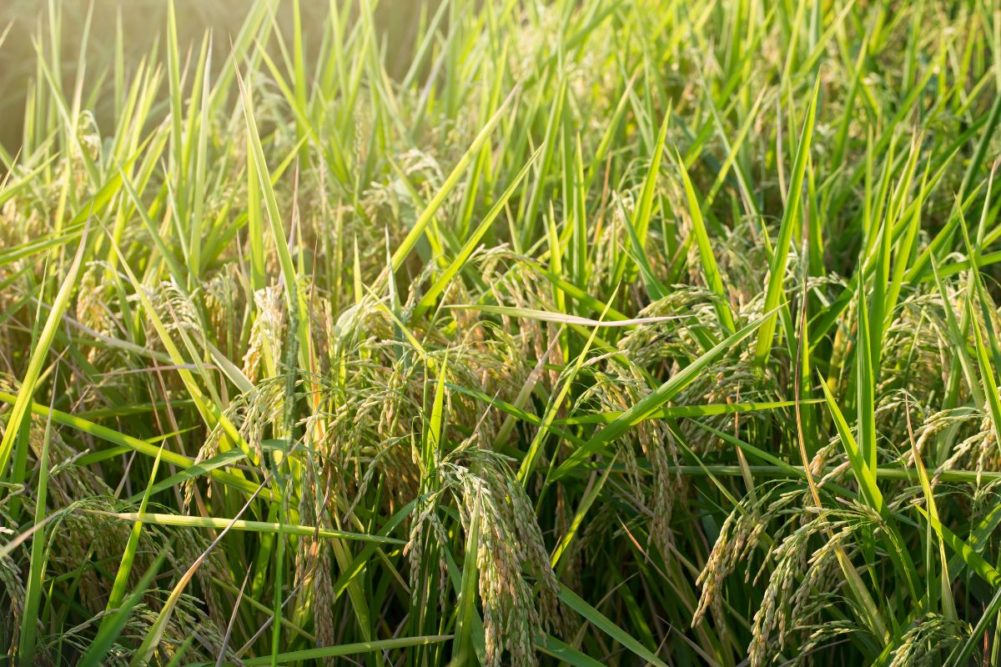BATON ROUGE, LOUISIANA, US — A $10 million grant from the US Department of Agriculture’s National Institute of Food and Agriculture is helping researchers led by Louisiana State University (LSU) develop a drought-resistant rice variety that conserves natural resources and create outreach programs to promote adoption of climate-resilient production systems.
Manas Gartia, mechanical engineering associate professor at LSU, is collaborating with a team of 24 researchers spanning five states under the leadership of Prasanta Subudhi, professor of the LSU AgCenter School of Plant, Environmental, and Soil Sciences, to develop the new type of rice, a staple food for more than half the world’s population.
The US Department of Agriculture projects the United States to produce 6.12 million tonnes of rice in marketing year 2023-24, with 2.35 million tonnes slated for export. Louisiana is the nation’s third-largest rice-producing state behind Arkansas and California, thanks to its warm climate, abundant water, and water-retaining clay soils.
“Over the last 40 years, land-use efficiency for US rice has increased by 39% while water and energy use, greenhouse gas emissions (GHG), and soil losses have declined by 28%to 52%,” Gartia said. “Nonetheless, many of the rice production practices used in the US are still resource-intensive.”
Gartia said the season-long flood irrigation used in rice production contributes to the reduction in the underground water table, increased groundwater salinity, contamination of air and water, and GHG emission.
“The US rice industry has set ambitious goals of increasing land-use efficiency by 10% and reducing water and energy use, GHG emissions, and soil losses by 8% to 13% by 2030,” he said. “This proposal is developed to accomplish these sustainability goals in the US rice production system and is based on two hypotheses.”
The first theory is that the sustainability and profitability of rice production systems can be enhanced by developing new rice varieties with better adaptation to climate variabilities and by implementing innovative crop management practices. The second theory is that implementing education and outreach extension programs will expedite the adoption of a climate-resilient rice management systems by growers in the southern US.
Gartia’s role will be part of the first hypothesis. He will study the phenotype and molecular changes in rice due to various stresses such as salt, drought, water, and heat and identify the genes responsible for that behavior. Once those genes are identified, a rice with that particular trait can be grown under drought conditions, he said.






